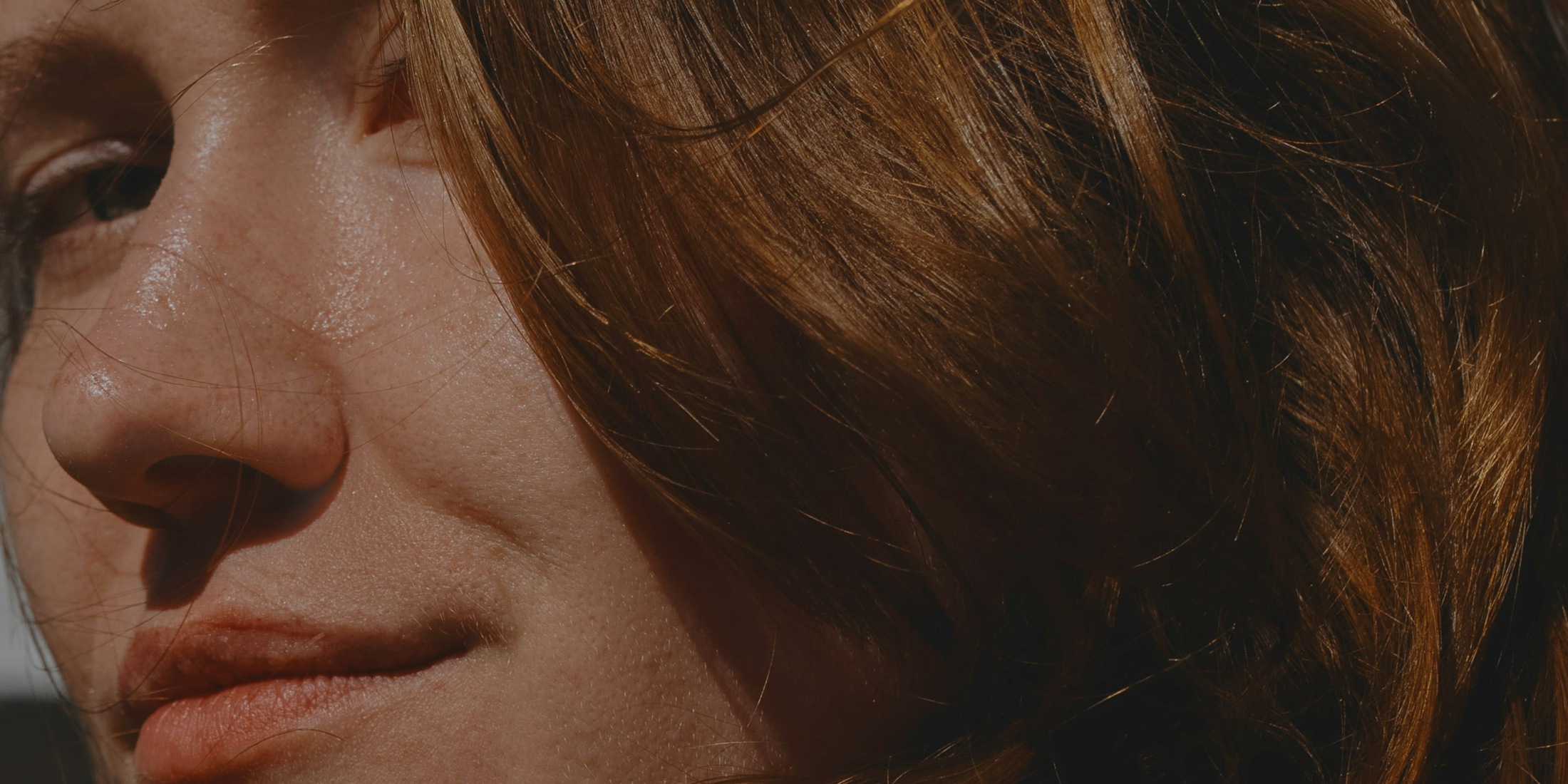Reasons for Facial Hair Loss
In most cases, the one cause of hair loss that cannot be attributed to facial hair is an increased level of male hormones known as androgens. Specifically, dihydrotestosterone, or DHT, a derivative of testosterone, can build up and damage hair follicles over time. This process does not occur in the follicles on the face, which is why the oral medication Propecia, which is often used to treat male pattern baldness, is ineffective in preventing facial hair loss. Facial hair loss often occurs for the same reasons that other types of hair loss happen. Some of the most common culprits of facial hair loss include:
Alopecia Areata
This type of hair loss may occur on both the scalp and the face and usually appears in round patches without any visible irritation or trauma to the skin. Also referred to as alopecia barbae, when it occurs on the face, many medical professionals believe an autoimmune disorder causes it. Treatment for alopecia areata usually begins with steroid injections to suppress the immune system and allow the hair to grow back. Some people with mild cases of the condition will see it resolved independently, although it could take up to one year or even longer to notice an improvement.
Underlying Medical Conditions
Other medical conditions might lead to the loss of hair on the face. One of the most well-known is lupus, another autoimmune disorder that causes skin inflammation that can lead to hair loss. Hair may begin to thin or come out in clumps in this situation. The hair loss often resolves once the lupus is managed through medication and lifestyle changes.
Injury or Trauma to the Skin
Burns, surgery, and scarring can all affect the ability of hair to grow on the face or cause it to grow in undesirable patterns. These issues can occur at any time and are usually easily identified. Some men find they can never produce that full beard, perhaps due to genetics or other factors.
Trichotillomania
This hair loss results from a condition in which the individual feels compelled to pull out facial hair. The urges to continue this behavior are very strong and persist despite efforts to break the habit in many cases. This impulse disorder must be treated at the source before the hair loss is addressed. Otherwise, the behavior is likely to continue and interfere with any hair restoration treatment results.














